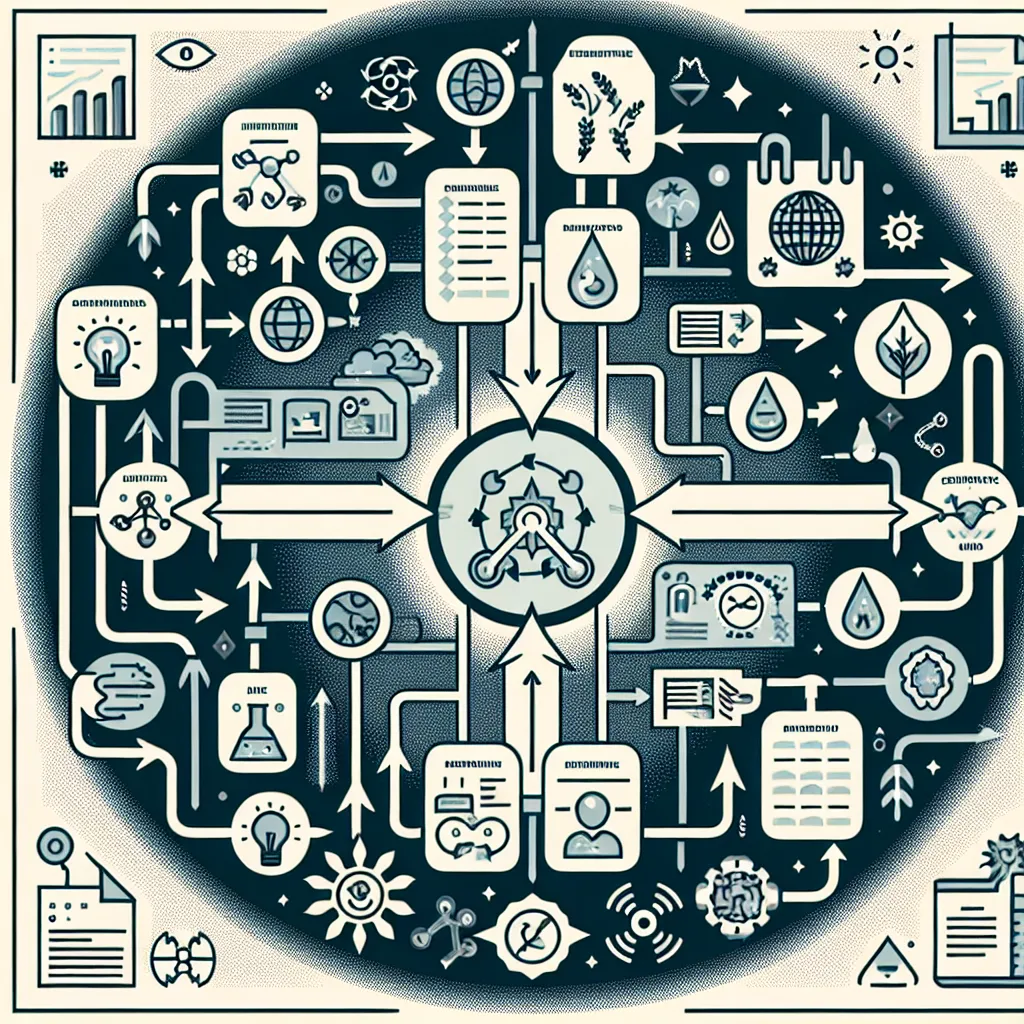The phrase “be detrimental to + noun” is a valuable expression for IELTS candidates to master. It’s commonly used to describe negative effects or harmful impacts on something. Understanding and utilizing this structure effectively can significantly enhance your performance in both the Writing and Speaking sections of the IELTS test.
Nội dung bài viết
Understanding the Meaning and Usage
The phrase “be detrimental to + noun” means to cause harm or damage to something. It’s often used in academic and formal contexts, making it particularly suitable for IELTS essays and speaking tasks that require a more sophisticated vocabulary.
Examples:
-
Excessive screen time can be detrimental to children’s eyesight.
(Subject + can be detrimental to + noun) -
Pollution is detrimental to the environment.
(Subject + is detrimental to + noun) -
The new policy may be detrimental to small businesses.
(Subject + may be detrimental to + noun)
In these examples, the structure clearly identifies the harmful effect of one thing on another, which is crucial for discussing cause-and-effect relationships in IELTS tasks.

Grammar and Structure
The basic structure of this phrase is:
[Subject] + [be verb] + detrimental + to + [noun/noun phrase]
- The subject can be a noun, noun phrase, or gerund.
- The “be” verb should agree with the subject and can be in any tense.
- “Detrimental” is an adjective that doesn’t change form.
- The noun or noun phrase after “to” is the recipient of the negative effect.
Examples in Different Tenses:
- Present Simple: Lack of exercise is detrimental to health.
- Present Continuous: The ongoing conflict is being detrimental to regional stability.
- Past Simple: The economic crisis was detrimental to small businesses.
- Future Simple: Experts predict that climate change will be detrimental to coastal ecosystems.
- Present Perfect: Overuse of antibiotics has been detrimental to their effectiveness.
Applying “Be Detrimental to” in IELTS Writing
In IELTS Writing Task 2, using this phrase can help you express ideas about negative impacts clearly and academically. Here’s an example paragraph:
Topic: The effects of technology on social interactions
“While technology has brought numerous benefits to society, its overuse can be detrimental to face-to-face social interactions. The constant use of smartphones and social media is detrimental to the development of interpersonal skills, particularly among younger generations. Moreover, the preference for online communication over real-life conversations has been detrimental to the depth and quality of personal relationships. If this trend continues, it may be detrimental to the social fabric of communities, leading to increased isolation and decreased empathy.”
This paragraph effectively uses the structure in various forms to discuss the negative impacts of technology on social interactions.
Using “Be Detrimental to” in IELTS Speaking
In the Speaking test, using this phrase can demonstrate your ability to discuss negative effects with precision. Here are some examples:
-
Part 2 (Cue Card): Describe a habit that is bad for health.
“I’d like to talk about smoking, which is detrimental to overall health. It can be detrimental to not only the smoker’s lungs but also the health of those around them through secondhand smoke.” -
Part 3 (Discussion): How does pollution affect people’s health?
“Pollution can be extremely detrimental to respiratory health. In many cities, the high levels of air pollution are detrimental to both children and adults, leading to an increase in asthma and other respiratory diseases.”
Synonyms and Alternative Expressions
To avoid repetition and demonstrate lexical resource, consider these alternatives:
- Harmful to
- Damaging to
- Adversely affect
- Negatively impact
- Undermine
Example: “While social media can be detrimental to mental health, it can also negatively impact productivity and undermine personal relationships.”
Common Mistakes and How to Avoid Them
-
Incorrect preposition: Don’t use “for” instead of “to.”
- Incorrect: The new policy is detrimental for small businesses.
- Correct: The new policy is detrimental to small businesses.
-
Forgetting the “to”:
- Incorrect: Lack of sleep is detrimental our health.
- Correct: Lack of sleep is detrimental to our health.
-
Using with non-negative contexts:
- Incorrect: Regular exercise is detrimental to health.
- Correct: Regular exercise is beneficial to health.
-
Incorrect word order:
- Incorrect: To health, lack of sleep is detrimental.
- Correct: Lack of sleep is detrimental to health.
Enhancing Your IELTS Score
To achieve a higher band score in IELTS, it’s crucial to use this structure accurately and in context. Here’s how you can elevate your usage:
-
Band 6-7: Use the basic structure correctly in simple sentences.
Example: “Smoking is detrimental to health.” -
Band 7-8: Incorporate the structure into complex sentences and use it with different tenses.
Example: “Research has shown that a sedentary lifestyle can be highly detrimental to cardiovascular health, potentially leading to various chronic diseases.” -
Band 8-9: Use the structure flexibly, combine it with advanced vocabulary, and integrate it seamlessly into your arguments.
Example: “The indiscriminate use of pesticides, while temporarily beneficial for crop yields, has proven to be profoundly detrimental to biodiversity, decimating insect populations and, by extension, disrupting entire ecosystems.”
Conclusion
Mastering the use of “be detrimental to + noun” can significantly enhance your IELTS performance. Practice incorporating this structure into your writing and speaking to discuss negative impacts effectively. Remember to use it in conjunction with other advanced structures and vocabulary to demonstrate a high level of English proficiency.
For further practice, consider using this structure in essays about environmental issues, public health concerns, or the impacts of technology on society. These topics frequently appear in IELTS tests and provide ample opportunity to discuss detrimental effects.